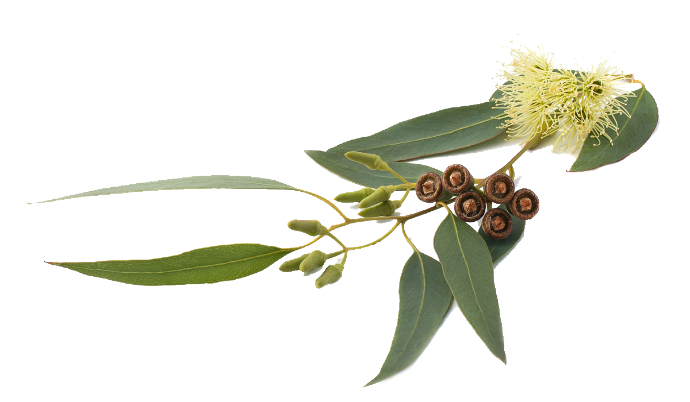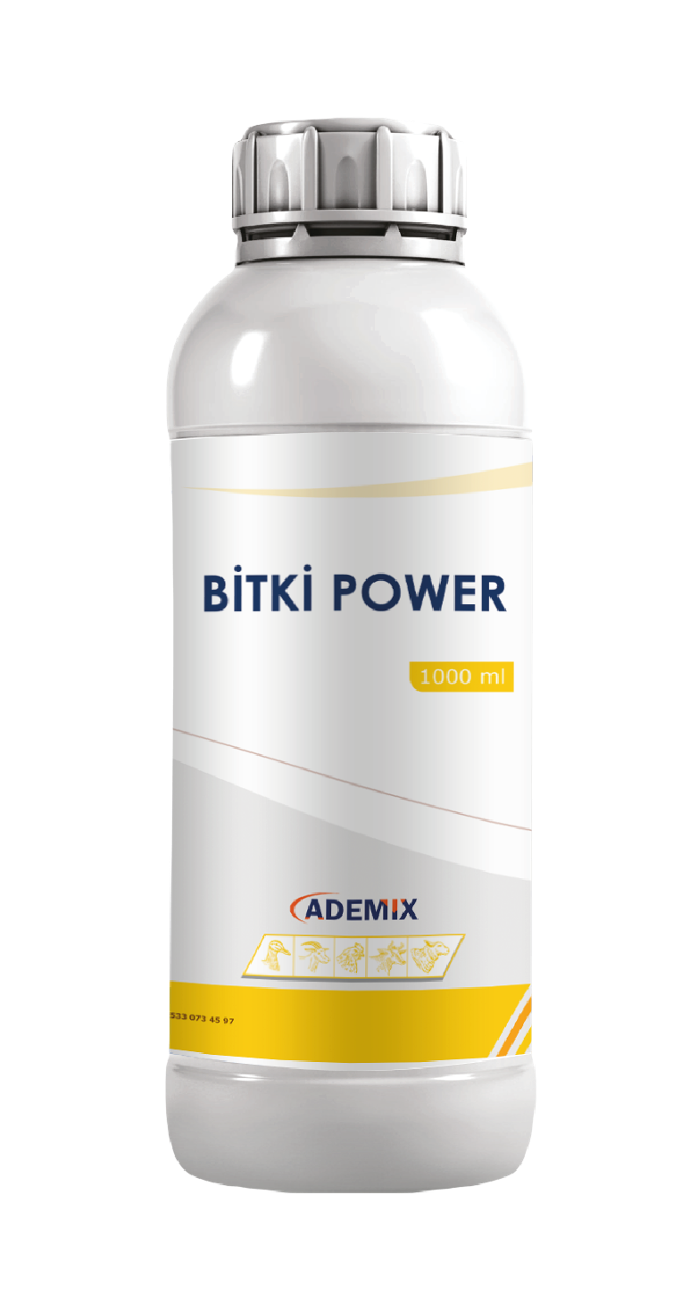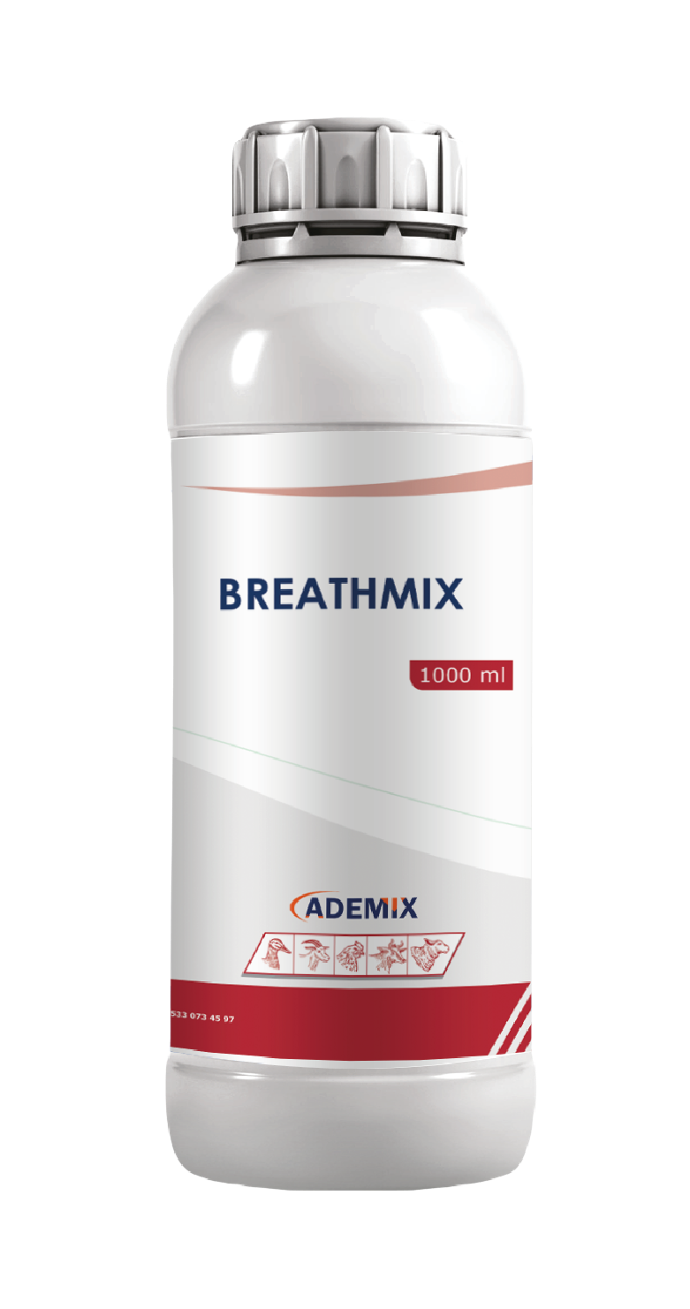The Impact of essential oils on respiratory system efficiency in poultry farms.
Common diseases that affect the respiratory system of poultry:
- Chronic bronchitis (CRD): Usually caused by bacteria such as Mycoplasma gallisepticum, it includes symptoms such as sneezing, coughing, and eye and nose discharge.
- Newcastle Disease: A viral infection that affects the respiratory system and causes air pollution and significant loss of poultry.
- Avian Influenza: A viral infection that causes symptoms similar to those of human influenza and affects the respiratory system.
- Dust-related respiratory diseases: such as ulcerative bronchitis (IBH). Systemic obstruction (Air Sacculitis): It can be the result of bacterial or fungal infections, and it leads to swelling and inflammation of the chicken's air sacs.
- Sinusitis: It is caused by inflammation of the chicken's sinuses and can be the result of infection or environmental factors.
- Fungal respiratory diseases: These include fungal infections that affect the respiratory system, such as aspergillosis.
- Pulmonary Edema: It can occur as a result of a high level of humidity in the barn and leads to swelling of the mucous membranes of the lungs.
- Shortness of breath: (Dyspnea) can be the result of infections in the respiratory system and lead to difficulty breathing.
- Coryza: A bacterial infection that causes facial swelling and negative effects on breathing.
The negative impact of respiratory diseases on productivity and profitability
The impact of respiratory diseases on productivity and economics in poultry farming can be significant and involves many factors that affect the poultry farming industry. We mention some of the main effects of these diseases:
- Negative effect on growth rate: Chickens with respiratory diseases may show growth retardation, leading to increased production costs.
- Decrease in egg production: Chickens infected with diseases suffer from a decline in egg production, resulting in higher production costs and lost yield.
- High mortality rate: Systemic diseases can lead to increased mortality among poultry, which means lost productivity.
- Treatment and prevention costs: The cost of treatment and vaccines to combat respiratory diseases is high, and this increases the cost of production.
- Stop production: Treating respiratory illnesses may require stopping production for a period of time, resulting in lost income and increased costs.Negative impact on quality: Diseases affect the quality of meat and eggs, reducing their market value.
- Increase in use of antibiotics: Systemic diseases can lead to increased use of antibiotics, increasing the risk of developing antibiotic resistance and increasing treatment costs.
- Impact on reputation and export: If respiratory diseases are not effectively controlled, they can affect the reputation of the farm and may prevent export to foreign markets.
Essential oils for poultry
- They are natural extracts extracted from aromatic plants that can be used to support respiratory health in poultry.
- These oils are commonly used in veterinary treatment of poultry to maintain their health and enhance their performance.
- To prepare them, essential oils are usually extracted from herbs, flowers and roots by steam distillation or pressing processes.
- Respiratory volatile oils include natural ingredients such as active chemical compounds that have antibacterial, antifungal and antiviral properties and are beneficial in improving the respiratory system of poultry.
- Respiratory volatile oils are usually used by spraying or spreading into the environment surrounding poultry, through drinking water. The oils are carefully selected according to the needs of the poultry and the conditions of the barn.
- When used correctly and in the right concentration, essential oils help:
Improving breathing: It helps expand the airways and improve breathing.
Reducing congestion: Helps reduce congestion in the respiratory system.
Relieve irritation in the respiratory system.
Providing support for the immune system: It enhances the strength of the immune system in poultry, making them less susceptible to respiratory diseases.
Improve air quality: Essential oils can be used to purify the air in poultry houses.
Reducing nervous tension and stress: Some essential oils have soothing properties, and can be used to reduce stress and tension in poultry, which improves overall health and the respiratory system.
Fighting infections: It has anti-inflammatory properties and can be used to help treat respiratory infections.
Eucalyptus Oil, Thyme Oil, Menthol
CONTAINS:
INDICATIONS:
- Expectorant for the respiratory system for poultry and expectorant and an expanded air bronchium.
- Elimination of respiratory symptoms associated with respiratory diseases that appear after vaccinations.
- It helps in the treatment of congestion of the mucous membranes of the airways.
- It is used as a powerful disinfectant for the respiratory system and intestinal tract. As an appetizer and improves digestion.
DOSAGE:
- Poultry: 500 ml per 1000 liters of drinking water for 3 – 5 days.
- Cattle and Horses: 10 ml per 100 kg bodyweight for 3 – 5 days.
- Sheep, Goats and Calves: 10 ml per 100 kg bodyweight for 3 – 5 days.

Rosemary, Carvacrol, Eucalyptus Oil,
Thymol Oil, Menthol
CONTAINS:
INDICATIONS:
- Expectorant for the respiratory system for poultry and expectorant and an expanded air bronchium.
- Elimination of respiratory symptoms associated with respiratory diseases that appear after vaccinations.
- It helps in the treatment of congestion of the mucous membranes of the airways.
- It is used as a powerful disinfectant for the respiratory system and intestinal tract.
- As an appetizer and improves digestion.
DOSAGE:
- Poultry: 500 ml per 1000 liters of drinking water for 3 – 5 days.
- Cattle and Horses: 10 ml per 100 kg bodyweight for 3 – 5 days.
- Sheep, Goats and Calves: 10 ml per 100 kg bodyweight for 3 – 5 days.






